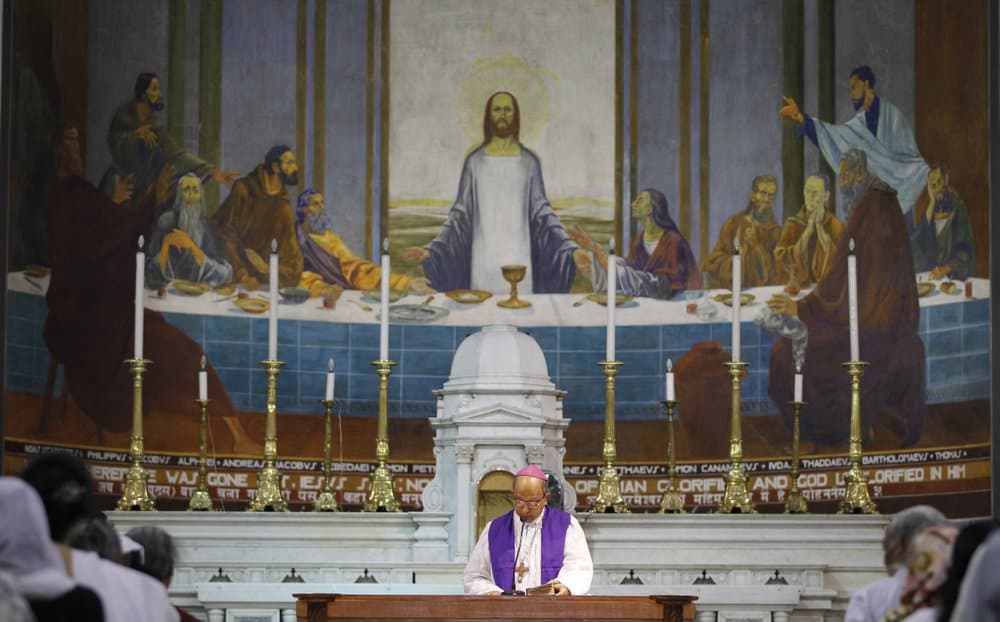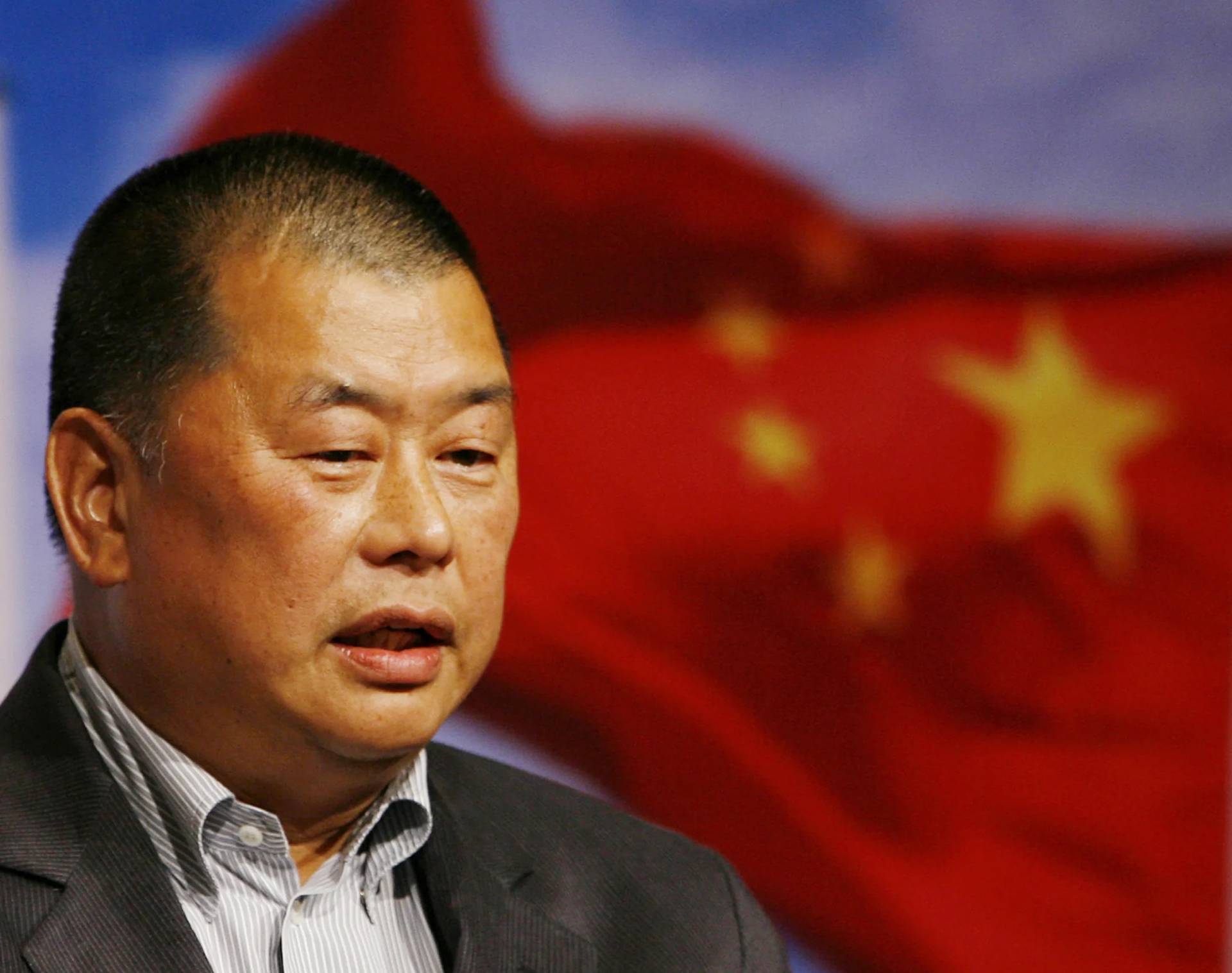MUMBAI – A state court in southwestern India has ruled that lay Catholics may sue their local diocese over its refusal to offer Mass and other forms of prayer and worship in the local language of Konkani.
The High Court in the state of Karnataka decreed May 26 that civil courts have jurisdiction to hear the case, in which the plaintiffs are demanding that at least one Mass on Sunday and other feast days be offered in Konkani, a language spoken by roughly two million people along India’s western coast.
Konkani is one of 22 languages recognized in the Indian constitution, and is the official language of the state of Goa. The lawsuit is being brought by four lay Catholics in the city of Chikkamagaluru, located in Karnataka, against the Diocese of Chikkamagaluru.
The diocese had opposed the suit, arguing that such matters should be governed by the Catholic church’s own internal Code of Canon Law. It insisted that the plaintiffs have not been barred from worship, but that they cannot insist on praying in any particular language and that the use of a language in worship is a ritual question rather than a matter of civil rights.
The high court, however, determined that civil courts in India have the authority to hear complaints alleging violations of the fundamental rights secured by Articles 25 and 26 of the Indian constitution.
The Karnataka High Court found, however, that the issue of conducting prayers in the Konkani language in a church under the control of the Diocese of Chikkamagaluru cannot be regarded simply as a matter of ritual, that the archdiocese is bound by the law of the land, and therefore that the civil justice system may hear the case.
“When the legislature enacts a law, even in respect of the personal law of a group of persons following a particular religion, then such statutory provisions shall prevail and override any personal law, usage or custom,” the high court held.
Among the 42 parishes in the diocese, the dispute is centered around only three churches, including the cathedral. The majority of the faithful in St. Joseph Cathedral Church, Christ the King Church, and Holy Family Church are Konkani-speaking.
The dispute over language started in 2006, when the bishop at the time, John Baptist Sequeira, asked parishes to use the state’s official Kannada language for liturgical purposes, including during celebration of the Mass.
The current leader of the diocese, Bishop Anthony Swamy Thomasappa, has continued that policy.
“We are carrying on what the previous Bishops have been doing,” Swamy told Crux.
“Some people have gone to court, and the Karnataka High Court has not given any judgement as such. What it has said is that civil law has power over the canon law. That was the gist of what the High Court has said,” Swamy said.
Asked if that precedent could set the stage for civil courts reviewing other internal ecclesiastical questions such as the transfer of priests, Swamy said he’d have to consult with the diocese’s canon lawyers.
The bishop defended the decision to use the state’s official language in the public worship of the diocese.
“As per the Church, we need to follow the local language of the state so that more people will be able to understand and participate in services such as Mass, Bible courses, conventions, and so on, so that people of all faiths will know the teachings of Jesus,” Swamy said.
“The Church desires that all should know the Good News of Jesus. If we need to reach the non-Christians with this Good News, we have to use the local language. Only then will everyone understand the teachings. The church should become a ‘local Church,’ in the sense that whichever state we are in, the state language should take prominence.”















